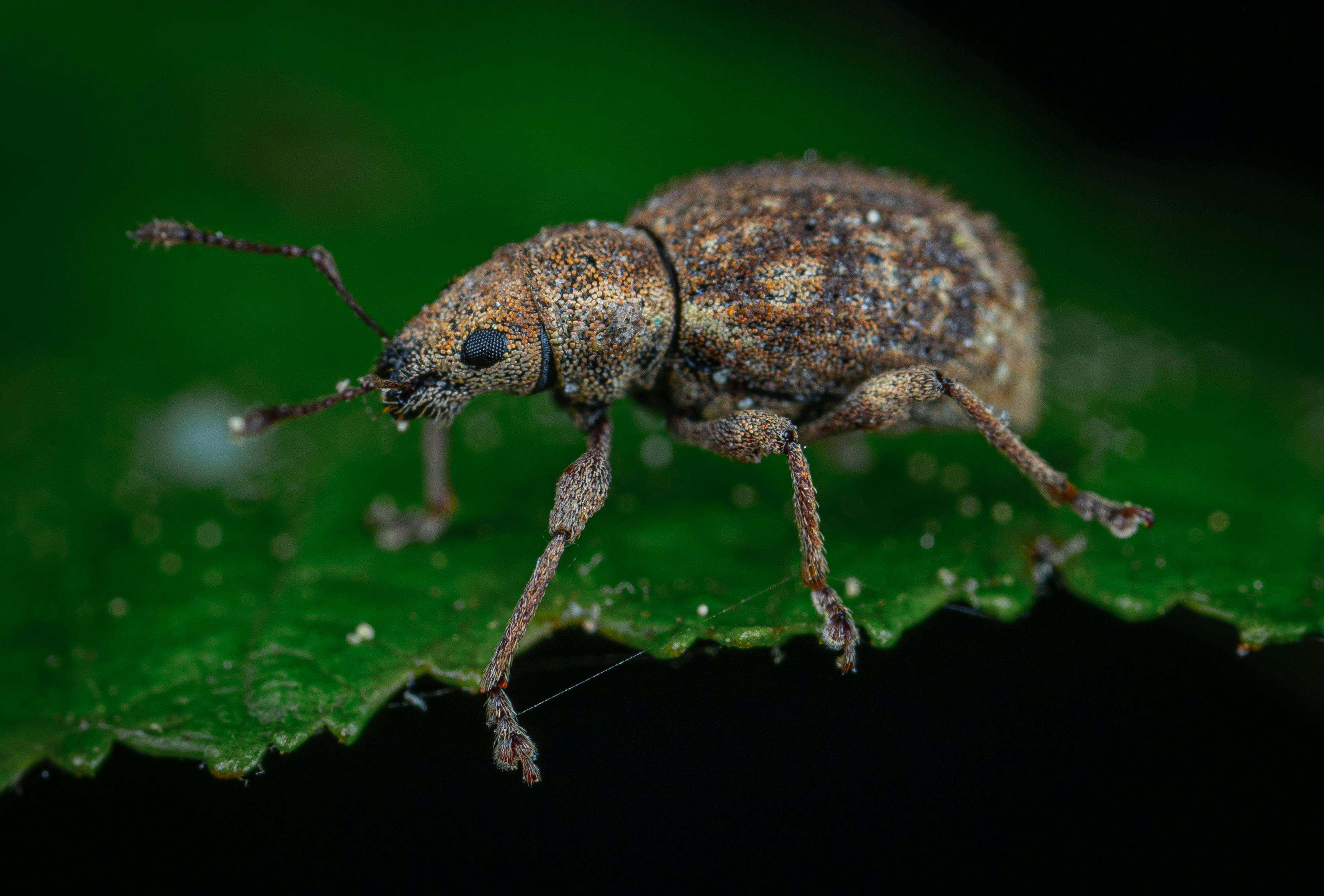Current projects
Fruit Growers Tasmania is working with government and industry stakeholders to support the delivery and communication of projects related to pest and disease management and strengthen the biosecurity of Tasmania's fruit industry and berry industries.
Support of increased education and awareness of priority agricultural pests and disease.
Lead delivery provider: Fruit Growers Tasmania
Funded by the Tasmanian Government, this project supports the increased industry and community awareness and education of priority agricultural pests and diseases, including:
- current and emerging biosecurity issues
- government and industry biosecurity priorities
- biosecurity responses to exotic pest outbreaks
- on-farm risk mitigation strategies.
The outcomes from this project are to:
- Increase biosecurity awareness across industry and the broader horticulture supply chain of priority agricultural pests and diseases.
- Increase awareness of the role and importance of biosecurity in relation to domestic and international trade.
- Increase industry and grower preparedness and capability to respond to disruptions which may occur due to biosecurity issues and threats (current and future) and any potential future biosecurity incursion responses.
- Increase and measure behavioural change in relation to good biosecurity practices across the Tasmanian agriculture sector including, but not limited to, relevant obligations under the Biosecurity Act 2019 and legal requirements such as the General Biosecurity Duty.
AM21002: Modernising phytosanitary risk management for biosecurity and safe trade
Lead delivery provider: CSIRO
This project is working closely with domestic biosecurity regulators to strengthen Australia’s scientific approach to managing phytosanitary risks, making it easier for growers to conduct safe cross-border trade.
The research team will work closely with State and Federal Governments to develop and refine a fit-for-purpose ‘toolkit’ that can be used to improve state-level decision-making about biosecurity risks and how these are best managed. The tools will also underpin analyses to support international market access negotiations.
This toolkit will provide Australian growers and exporters who are already effectively managing their production chains to minimise pests and diseases, a way to demonstrate that their fruit, vegetables and nuts present a low biosecurity risk.
AP18001: Pilot sterile codling moth releases for the apple industry
Lead delivery provider: Tasmanian Institute of Agriculture
This investment is investigating the feasibility of using ‘sterile insect technology’ (SIT) in the control of codling moths in Australian apple orchards.
SIT has been used in parts of Canada to reduce wild moth populations and pesticide use, and is also being trialled in New Zealand. The approach involves producing sterile male codling moths which are developed to be fit and attractive to wild females, which are then released into orchards to compete for females, helping stop the wild moth population from successfully breeding.
Following this project’s feasibility investigation, pilot releases of sterile codling moths were used to assess the effectiveness of the approach in controlling wild populations, and to develop guidelines and recommendations for incorporating sterile moth releases into existing pest management programs across the country.
RB21000: Integrated pest management approaches to address pest challenges in raspberry and blackberry
Lead delivery provider: Tasmanian Institute of Agriculture
This project is developing and extending effective integrated pest management (IPM) approaches for the Australian raspberry and blackberry industries. Key elements of the program include:
- Developing pest management systems that conserve naturally occurring and introduced beneficial species within the crop.
- Expanding the biological control options available to raspberry and blackberry growers through an improved understanding factors that influence natural enemy establishment and persistence.
- Developing and promoting cultural management practices, including those that undermine pest establishment.
- Extending evidence-based decision support tools using existing and new knowledge to streamline grower decision-making.
- Improving industry confidence regarding IPM adoption and research capability focussed on Australian rubus production.
